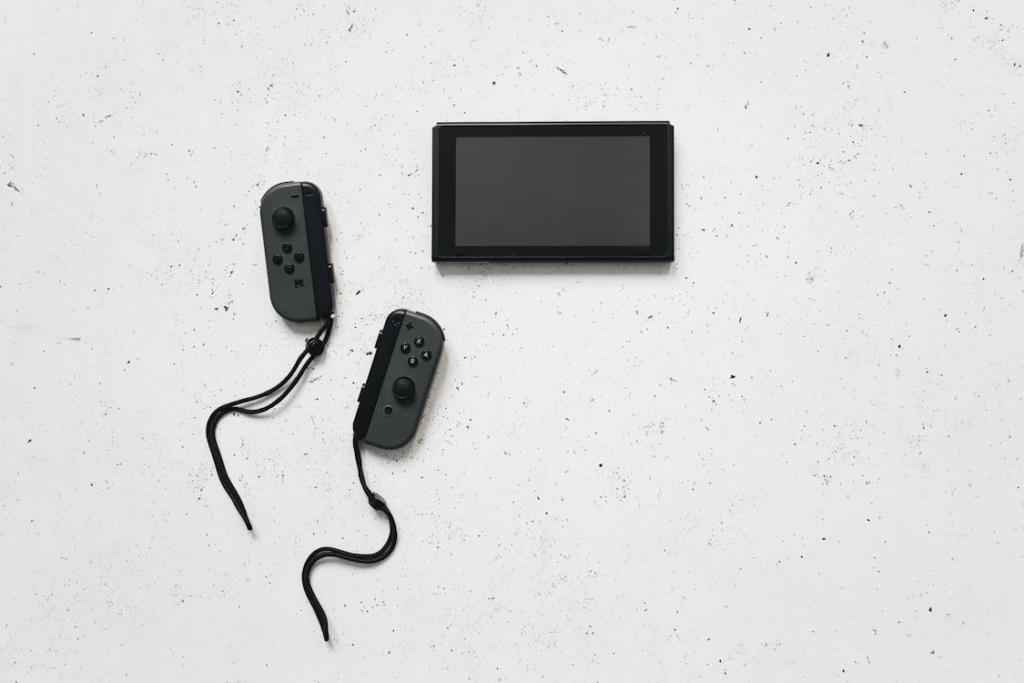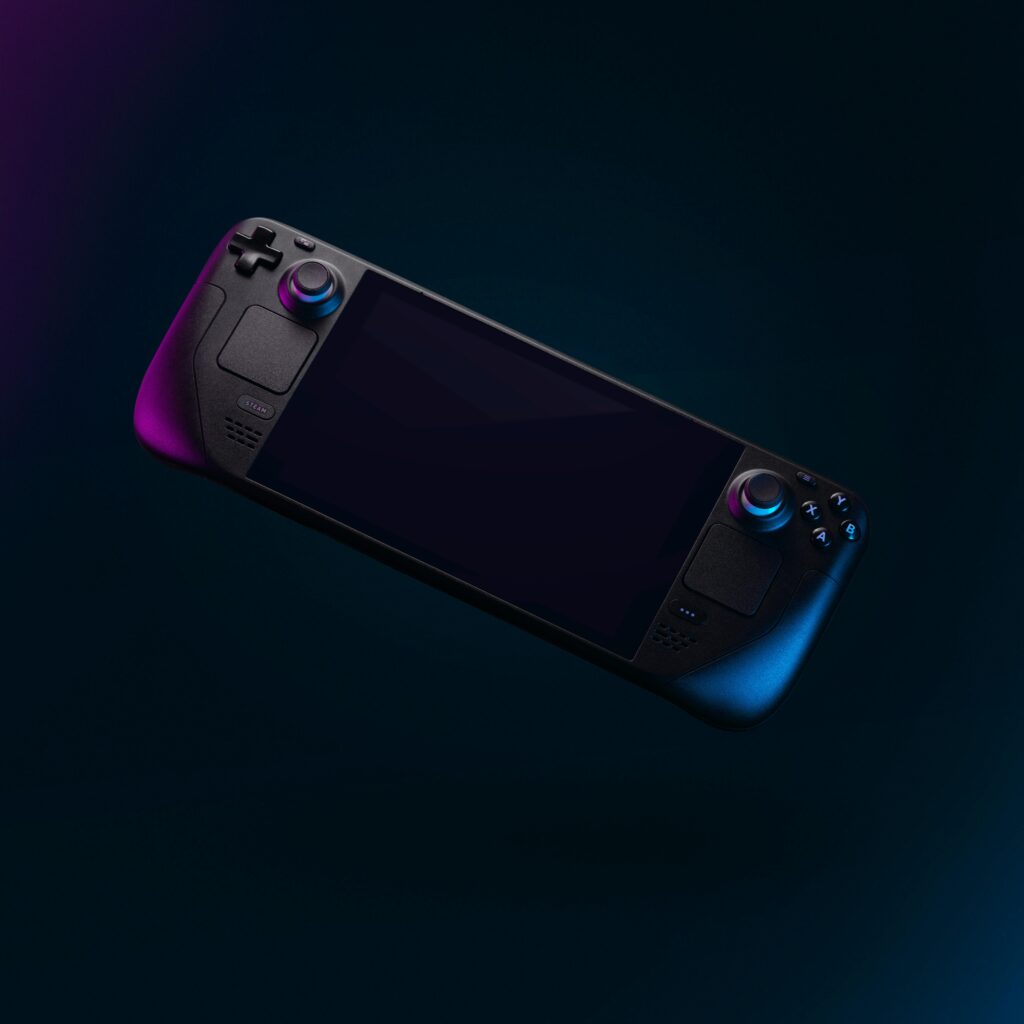Table of Contents
New gamers face a difficult question—what is the best hardware for gaming?
While many people started off with consoles or PCs back in the early 2000s, gaming has diversified since then. Consoles and PCs are some of the most expensive equipment to start out with today. That means that other options like handheld consoles and gaming-centric smartphones are becoming more popular.
While handhelds and gaming phones still cost hundreds, they’re a much less intimidating option for first-time gamers. That being said, they’re distinct in a number of important ways. If you’re looking to start your gaming journey with either a handheld console like the Nintendo Switch or Steam Deck versus a smartphone with gaming features like a Xiaomi or ASUS release, then take a look at this beginner’s guide.
It covers the major reasons why both choices might work for you.
Range of Titles: Mobile
When it comes to the range of games that you can store in your library, mobile comes out far ahead. That’s because mobile gamers have access to every game release in the Apple App Store or Google Play Store. For example, online poker platforms can be found in both—which isn’t the case for most handhelds.
That means that if you plan on expanding your boundaries to include Texas Hold’em, you can do that with a smartphone. Simply download a trusted platform to start learning the rules of Texas Hold’em and taking on others in table games. You can even compete on the go thanks to the portable nature of mobile gaming.
Graphics and Processing: Handhelds
Handhelds usually don’t have the right features for poker and similar platforms—but they over-deliver when it comes to graphics and processing for traditional video games. In fact, handhelds were designed to be portable PCs with added RAM, CPU, and GPU capabilities.
If you plan on sticking to legacy-level releases, from hits like Mass Effect to indie hits like Hades, then handhelds should be your focus. Not only are they equipped to process cutting-edge graphics, but they usually have fewer problems with lag and latency, too.
In other words, you’ll have a much richer and more meaningful gaming experience. That marks the most significant difference between the two—and one that gamers should be focused on before making a purchase either way.

Battery life: Handhelds
The battery power of a handheld console or smartphone varies greatly—so there isn’t a quick and easy answer. However, handhelds have been developed with wireless gaming in mind, meaning the Switch and Steam Deck both have plenty of battery power. Usually, both offer at least four hours of straight gaming before needing a recharge.
Portability: Mobile
Battery life aside, smartphones are way more portable. Once again, handhelds are designed for travel—but they tend to weigh a lot and need to be carefully packed to avoid damage. A smartphone fits in your pocket and can easily be protected with a case and screen cover. So if you want to game while on the bus or subway, then a smartphone is the smarter choice for you.
Accessibility: Mobile
In terms of accessibility, smartphones are also way easier to find, compare, and purchase. That makes them ideal for newcomers because they can look for products that meet their specific needs—even those that are unrelated to gaming. For example, some releases from ASUS and OnePlus offer specialized capabilities for both gamers and businesspeople. That’s a lot of power in a single device. So if you’re a bit hesitant to fork over a lot of money for a gaming device that isn’t otherwise useful, then gaming smartphones are for you.
Updates: Mobile
Smartphones are also ideal for first-timer gamers because they don’t require replacement. In other words, software updates regularly improve the gaming experience of the average smartphone. By contrast, handheld consoles don’t usually include too many updates in terms of their operating systems. That means that, eventually, you’ll need to replace the product in order to benefit from new advances. While this won’t be for at least a few years, it’s something to consider.







